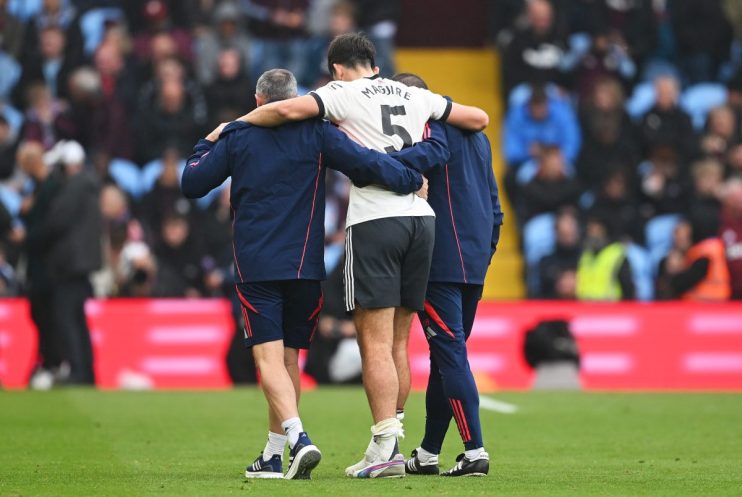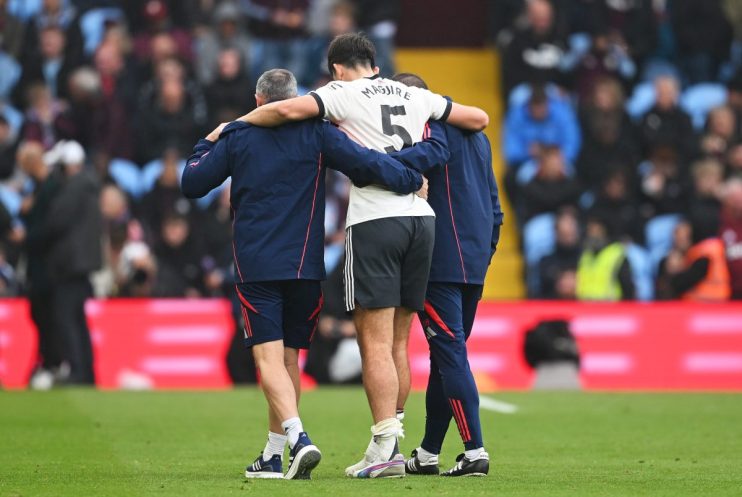| Updated:

More than two thirds of footballers have said the fear of injury has had an impact on their mental health, new research released today shows.
A Professional Footballers’ Association survey states that 68 per cent of over 1,000 male and female football respondents have their mental health impacted by the fear of getting injured at a time when players more widely are worried – and threatening to strike – over workloads.
The same research shows mental well-being hit by online abuse, in 28 per cent of respondents, as well as alcohol – 17 per cent – and gambling – 15 per cent.
Mental health crisis?
“Football is an incredibly insecure career for many of our members,” the PFA’s director of player well-being Dr Michael Bennett said.
“Players often find themselves employed in a string of what are ultimately very short, insecure contracts.
“For that reason, they can feel as if they have very little control over their futures. What our survey results highlight is that these ‘on-pitch’ concerns – like injury and performance – can and do affect footballers’ mental health.
“This exercise is incredibly important to us and allows us to see ‘the person’ behind the player, and we’re always encouraged that players choose to disclose these concerns with us.
“Being able to track ongoing and emerging well-being concerns helps us tailor our support and also advance important research in the field.”
Strike over workload
Manchester City captain Rodri – who will be sidelined for much of this season due to a knee injury – insisted in September that players would have “no other option” but to strike if the calendar keeps expanding.
Asked last month if players could strike, Rodri said: “Yes, I think we are close to that. If it keeps this way we will have no other option. It is something that worries us.
“Between 40-50 is the amount of games in which a player can perform in the highest level. After that you drop because it is impossible to sustain the physical level.
“This year we can go to 70, maybe 80. It depends how far you go in the competitions. I think it is too much. I think we have to take care of ourselves.
“Not everything is money or marketing, it is also the quality of the show. When I am not tired I perform better and if the people want to see better football, we need to rest.”




